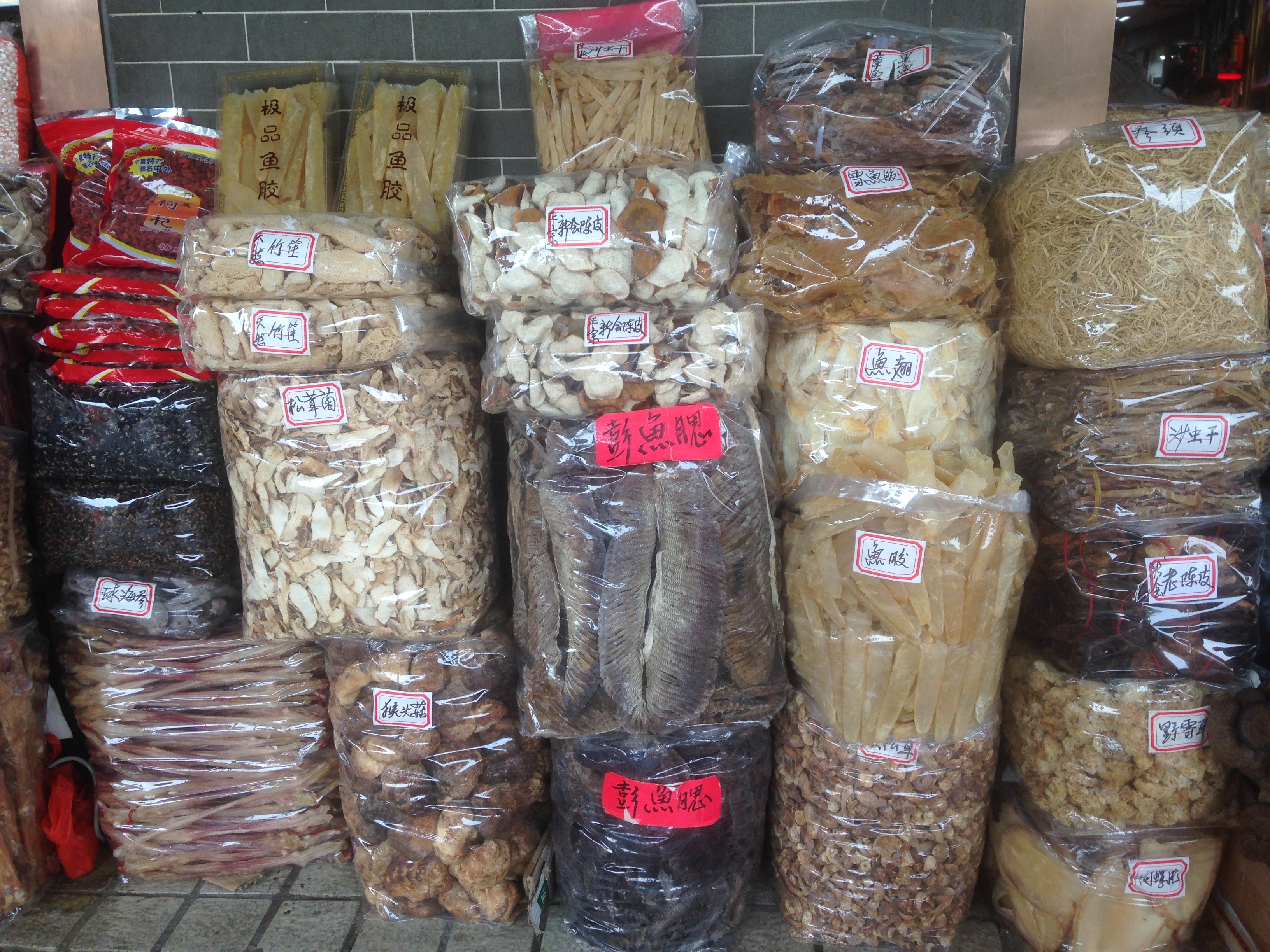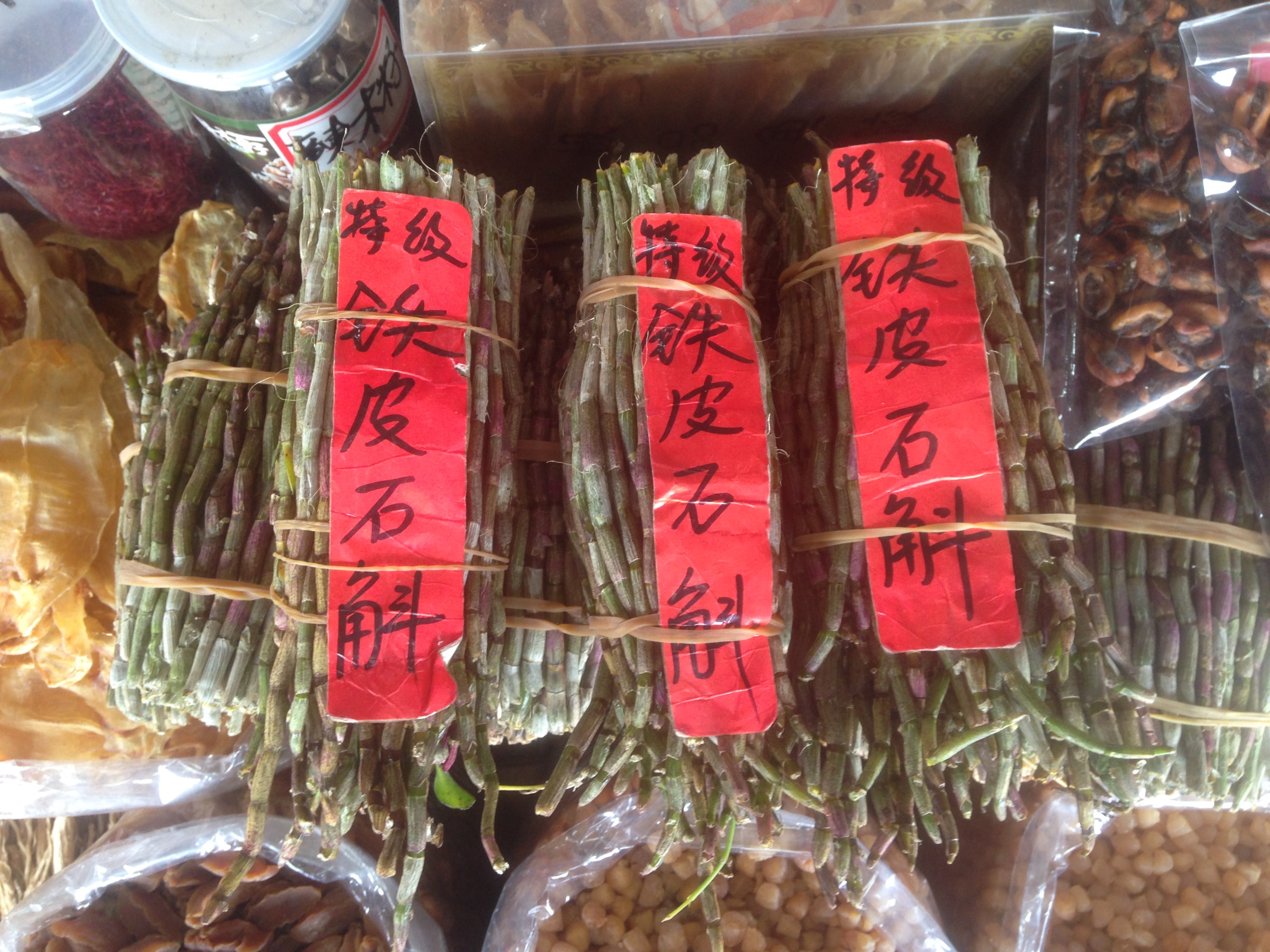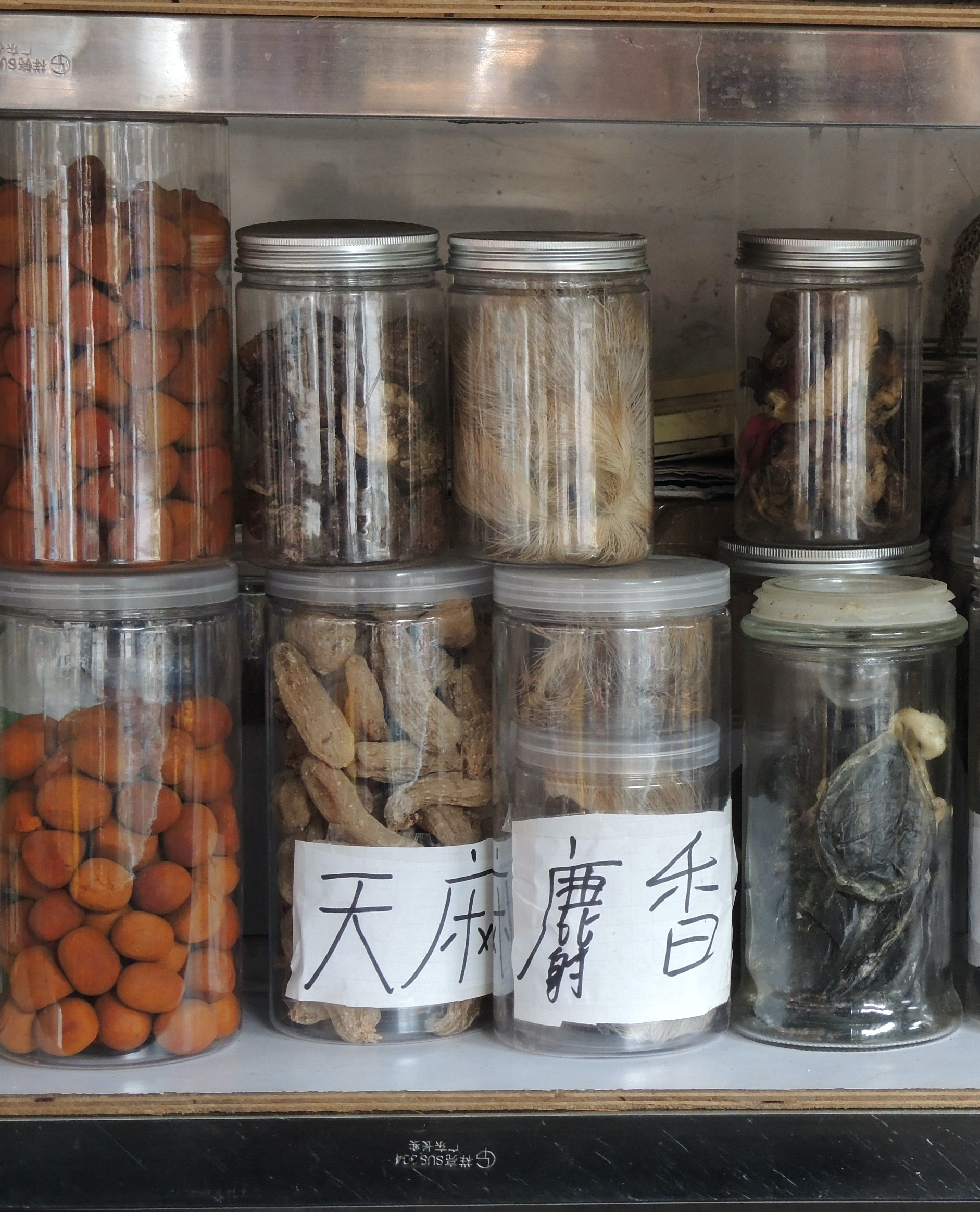News
World Health Day
World Health Day 2021 focuses on ‘building a fairer, healthier world’, a theme that aims to raise awareness of the inequalities in access to healthcare, livelihoods, food security, and clean, safe environments. One issue at the intersection of health and livelihoods is that of the trade in wildlife-based traditional medicine products, which can support whole communities (e.g. Jatamansi harvest in Nepal) but can also raise issues related to the conservation of wild species. As traditional medicines often rely on wild plants, fungi, or animals, sustainability is important to consider, not only for the protection of wild species used in medicines, but also because many people around the world rely on traditional medicines for prevention and treatment of illnesses, either as their only source of healthcare or alongside biomedical products (which may themselves have their origins in traditional remedies, such as the malaria treatment Artemisinin).
Understanding traditional medicine systems, as well as engaging with key stakeholders involved in the trade, is essential to ensure strong conservation outcomes for species used in medicines, and protect people whose lives depend on this trade. WildCRU’s Senior Research Fellow Dr Amy Hinsley works on issues at the intersection of conservation, wildlife trade, and traditional medicine use, focussing on how consumer behaviour changes in response to external influences. Major events such as the onset of the COVID-19 pandemic have the potential to dramatically change harvest, trade and use of wildlife-based medicines, meaning that existing approaches to sustainability may no longer be appropriate. In collaboration with partners at Sun Yat Sen University in China, Dr Hinsley received a rapid response grant from Defra’s IWT Challenge Fund to look at how the pandemic has affected perceptions and use of wildlife-based traditional medicines in China.
Well-publicised links between COVID-19 and wild animal consumption, coupled with subsequent bans on eating wild animals were aimed at consumers of wild meat products, but it is unclear whether this has affected perceptions and use of animal-based medicines too. Using a unique pre-COVID-19 dataset on awareness, perceptions and consumption of bear bile products, the team has carried out large-scale work with the public, TCM practitioners, and consumers to look at how things may have changed. The project is also working with TCM doctors, pharmacists, and consumers to co-develop strategies to reduce demand for illegal wildlife-based medicines in a post-COVID-19 world. Results are still being analysed, but initial findings suggest that perceived risks associated with animal-based medicines are, on average, much lower than those for eating wild meat or contact with live wild animals.
It is not just COVID-19 that may change the sustainability of these markets. China’s Belt & Road Initiative (BRI), which aims to connect China to the world along the old Silk Road routes, may significantly change trade in wildlife-based medicinal products. This is because the BRI’s ‘people-to-people exchange’ component includes partnerships between China and BRI countries to develop their traditional medicine markets, and export Traditional Chinese Medicine to new markets. Expansion of traditional medicine markets could bring benefits if sustainability is carefully considered. However, if consumer demand for these products increases rapidly without sustainability considerations, there may be the risks of over-harvesting of plants, fungi and animals to supply both the legal trade, but also increasing demand for illegal, informal medicinal products (e.g. carnivore parts).
Understanding the best ways to make traditional medicine trade more sustainable is an important step towards ensuring that these markets benefit both people and wildlife, and contribute to the fairer, healthier world that World Health Day 2021 is calling for.
-
 Assorted Traditional Chinese Medicine products at a market. Credit: Amy Hinsley
Assorted Traditional Chinese Medicine products at a market. Credit: Amy Hinsley -
 Dendrobium orchid canes at a Traditional Chinese Medicine market. Credit: Amy Hinsley
Dendrobium orchid canes at a Traditional Chinese Medicine market. Credit: Amy Hinsley -
 Plant and animal medicine products. Credit: Amy Hinsley
Plant and animal medicine products. Credit: Amy Hinsley





